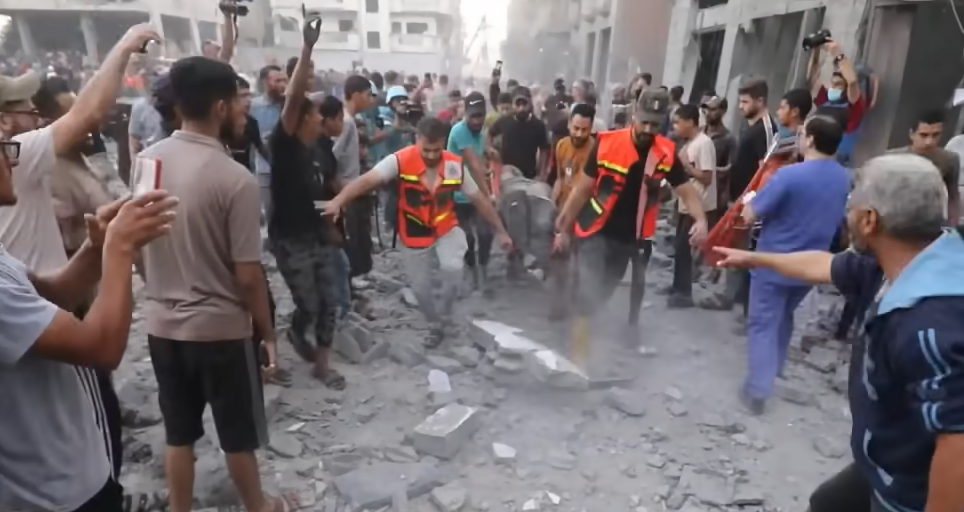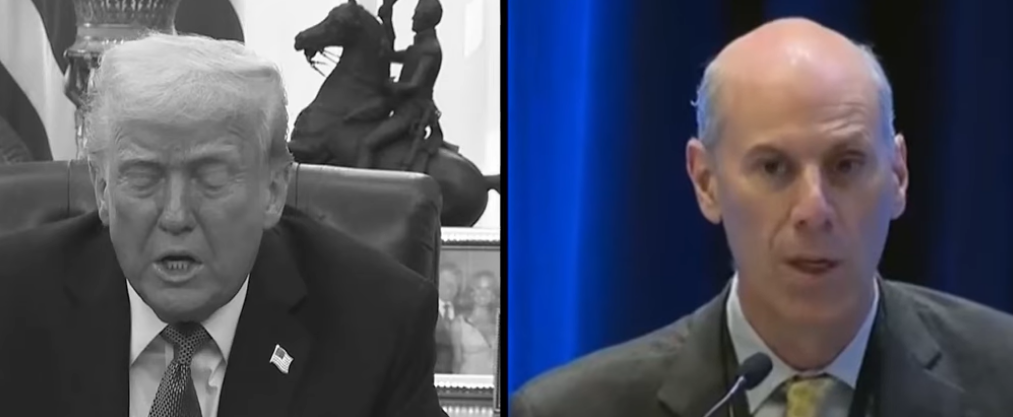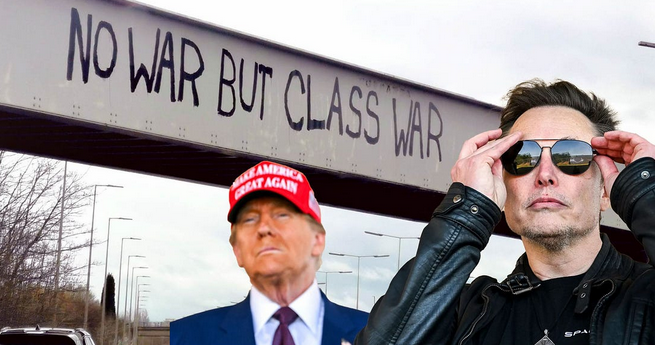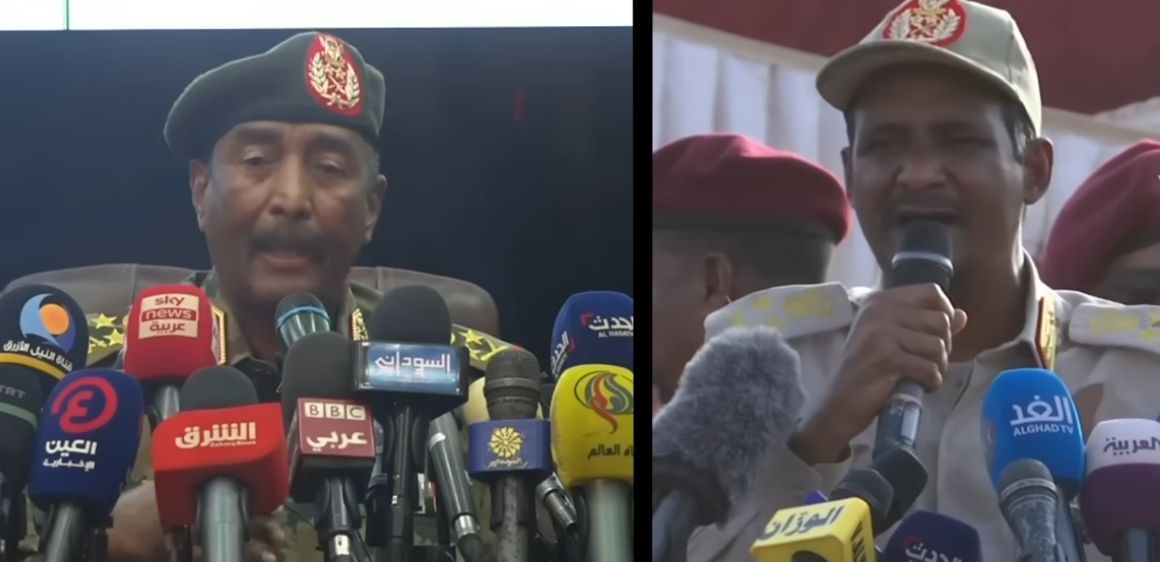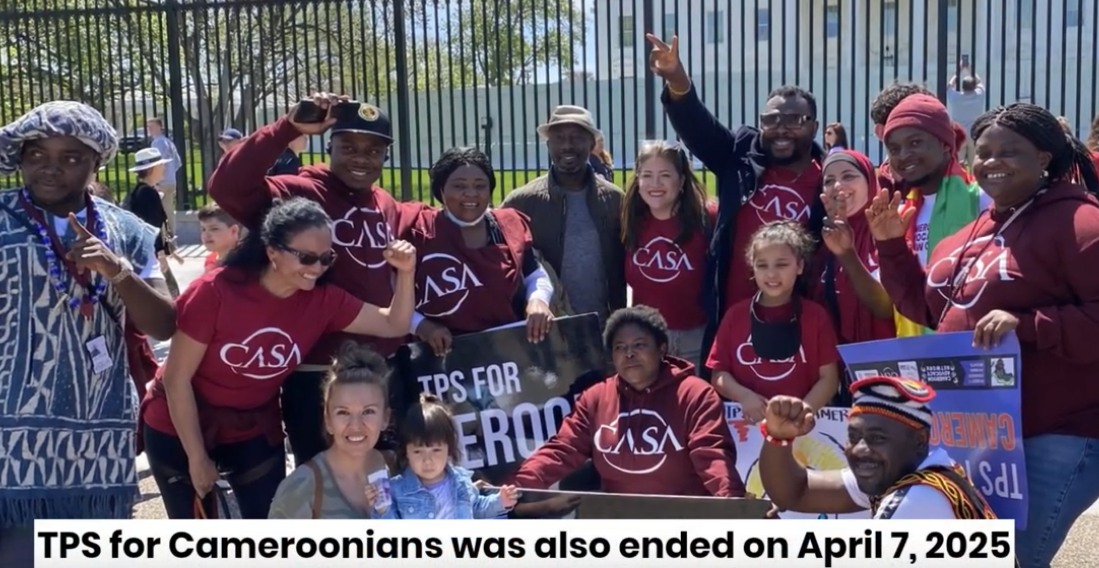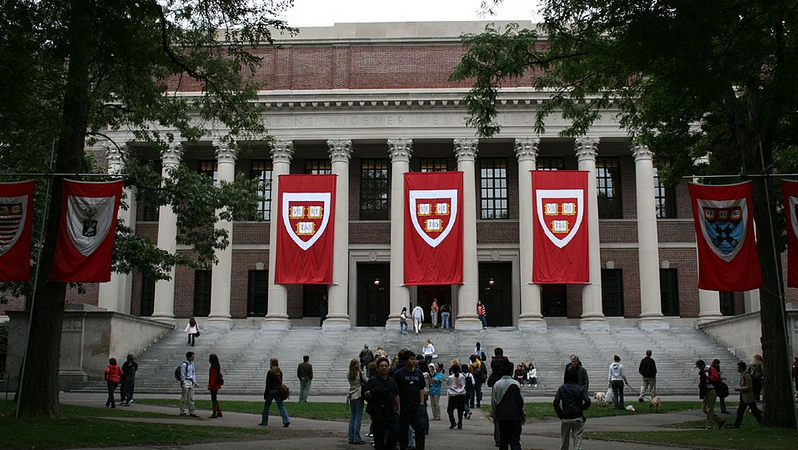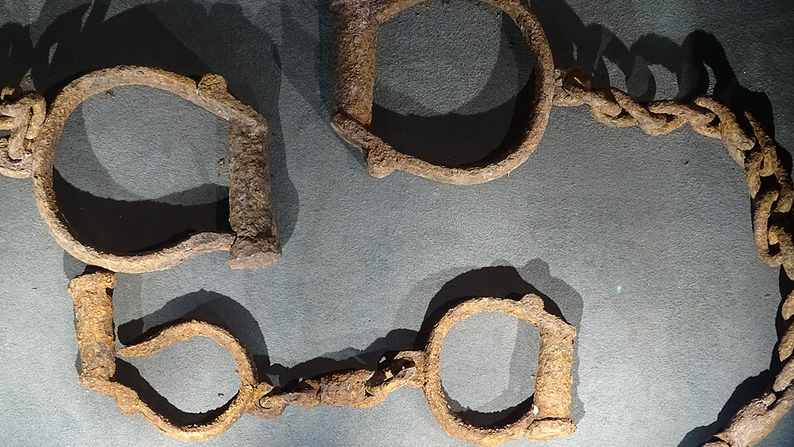Photos: YouTube Screenshots
As the October 7 war rages on—and despair grows—I can understand why some might think it naïve to highlight the work of Israelis and Palestinians who don’t just talk about peace but are making it. My heart is broken open, both for the victims and survivors in Israel, and the victims and survivors in Gaza. How to carry the pain?
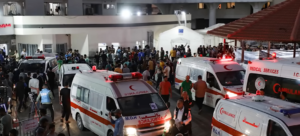
In the wake of the brutal, unconscionable Hamas attack against Israeli Jews, and the decades of deadly oppression the Israeli government has perpetrated against Palestinians, could I ever recognize a sliver of hope? Yes. My broken heart may mend knowing there are Israeli and Palestinian groups looking beyond the decades of bloodshed, to a society based on understanding, respect, and equality. More than a cease fire, may their work, described below, ignite a peace fire.
Standing Together
Jewish and Palestinian volunteers in Israel created Standing Together to bring aid to victims of violence. Standing Together is one of the largest Arab-Jewish grassroots groups in Israel. It mobilizes Jewish and Palestinian citizens to pursue “peace, equality, and social and climate justice.” Their vision: “…peace and independence for Israelis and Palestinians, full equality for all citizens.”
Combatants for Peace
The ex-combatants who founded this joint Israeli-Palestinian organization were once part of the cycle of violence that plagues the region. Choosing to put down their weapons to promote peace, CP speaks out, supporting a two-state solution within the 1967 lines, “or any other solution reached through mutual agreement which would allow Israelis and Palestinians to lead free, safe and democratic lives from a place of dignity in their homeland.”
The Parents Circle
Launched in 1995, the Parents Circle is a joint Israeli-Palestinian organization bringing together more than 600 families, who all have lost someone to the ongoing conflict. Managed by a joint Israeli-Palestinian board, they use educational resources, public meetings, and the media to spread ideas of reconciliation to achieve a just settlement based on empathy and understanding.
Women Wage Peace/Women of the Sun
Israel-based Women Wage Peace (WWP), and its Palestinian sister, Women of the Sun, empower women on both sides to build trust and bolster support for peace in their communities and beyond. Founded after the 2014 Gaza War, WWP has 45,000 Israeli members, reportedly making it the largest grassroots peace movement in Israel. WWP looks at the Israeli-Palestinian struggle through a gendered lens, believing women should be at the heart of peace negotiations.
Hand in Hand
A growing number of integrated schools have been bringing Jewish and Palestinian children together to learn under one roof. Cofounder Lee Gordon says they “are creating a model of what Israel can and should look like.” Hand in Hand has six integrated Jewish-Arab schools in Israel. All students learn Hebrew and Arabic. They help parents get to know each other, run dialogue groups, organize picnics, sports teams, and community gardens.
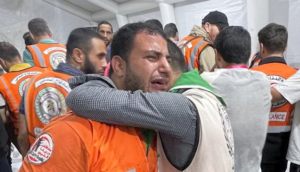
Jerusalem Peacebuilders
Jerusalem Peacebuilders (JPB) brings together Israelis, Palestinians, and Americans to mentor future peace leaders. Sheltering after the recent attacks, founding director Rev. Canon Nicholas Porter, described the “deadly futility” of warfare. “War begets only war; hatred begets only hatred. Jews, Christians, Muslims, and Druze do not wish to live like this.” Convinced that a new generation of leadership is required for a peaceful future, JPB trains teachers, women, and youth.
Road to Recovery
Road to Recovery is an Israeli volunteer association transporting Palestinian patients, primarily children, from checkpoints in the West Bank and Gaza to lifesaving treatments in Israeli hospitals. Its members assist with purchasing medical equipment and organize outings for patients and families. With 1200-plus Israeli and Palestinian volunteers, their mission is straightforward: healing through driving.
B’Tselem: Israeli Information Center for Human Rights in the Occupied Territories
B’Tselem, works “for a future in which human rights, democracy, liberty, and equality are ensured for all people—Palestinian and Jewish alike—living between the Jordan River and the Mediterranean Sea.” B’Tselem believes that such a future “will only be possible when the Israeli occupation and apartheid regime end.” B’Tselem expresses the universal—and Jewish—moral edict to respect and uphold the human rights of all people.
Many of these groups have been at it for years, embodying Camus’s belief that “Peace is the only battle worth waging.” Still, I worry that their collective message of cooperation and collaboration will now be stifled instead of amplified. I worry that those of us who don’t want to see “grief weaponized” will be marginalized.
Many spiritual traditions believe that positive qualities, such as a good heart, reflect human beings’ true nature. They teach that even amidst intense suffering there can be dignity and beauty. Even in the face of destruction and persecution there can be hope. Consider these Israeli and Palestinian groups. If they can hold onto possibility, retain their inner strength, and keep going in the face of suffering, so must I. So must we all.


Rob Okun (rob@voicemalemagazine.org) syndicated by PeaceVoice, is editor emeritus of Voice Male magazine, chronicling the antisexist men’s movement for more than 30 years. This article draws on research by journalist Gavin Haynes of Positive.News.
